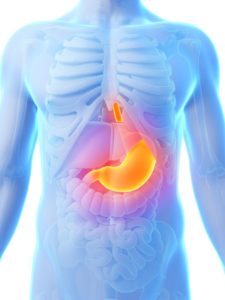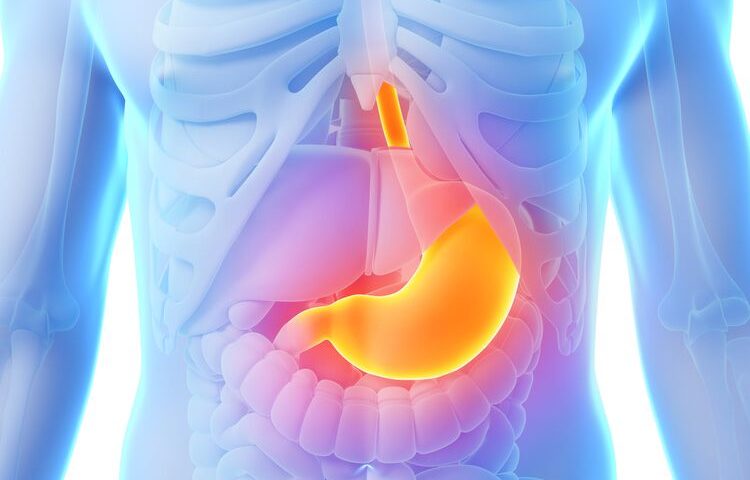 Future Weight Loss Technology Could Involve a Tiny Implanted Device
Future Weight Loss Technology Could Involve a Tiny Implanted Device
Because obesity is a serious health problem that is becoming increasingly common around the world each year, experts have been working hard to find new solutions to combat it and to help people lose weight and regain their health.
When it comes to future weight loss technology that is already making headlines, though, it involves a tiny implanted device, instead of a diet pill or surgery. It doesn’t even require batteries, according to Medical News Today. Check out the information below to learn more about this innovative weight loss technology and what it has to offer.
An Implant That Can Reduce Hunger
It all started with researchers working at the University of Wisconsin-Madison, when they started to test what is considered a potential new solution to obesity. Basically, a small device that can be implanted into a patient can help reduce feelings of hunger, thereby helping that person eat less and lose weight.
What really makes this device so outstanding is the fact that it is super small, coming in at under one centimeter in length! Also, in addition to its tiny size, this futuristic weight loss technology even boasts an implantation procedure that is minimally invasive. Plus, it’s powered by the stomach’s movements, so you don’t even need to worry about charging it up or using a battery to keep it working, and the device will only work at the most opportune times. Sounds pretty amazing, right? It’s no wonder that so many people are already excited about it.
How It Works
The implantable device that experts have been studying uses a nanogenerator. This is a flexible component of the device that is capable of sending electrical pulses through the body’s vagus nerve. This is a nerve that transmits messages between your brain and your stomach.
When the nerve is stimulated—and it’s mild, so you don’t need to worry about feeling it—your brain will end up thinking that your stomach is actually full when it really isn’t. That can, in turn, help reduce the amount of times that you feel hungry throughout the day, and it can also make it a lot easier to avoid unhealthy food cravings because you won’t be inclined to fill your stomach.
Will It Work for You?
While you might already be intrigued by this weight loss technology, it has only been tested on animals thus far. Thankfully, it has shown that it can be effective without causing side effects, so that is good news. Before it will be made available to humans though, more animal tests are planned. In the meantime, there is hope that this product will be available someday.




